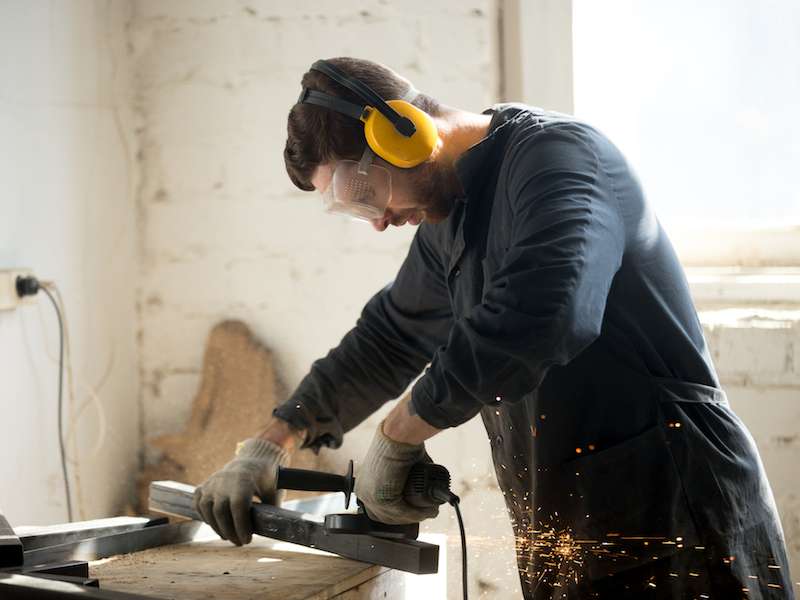
What hinders your hearing protection from working properly? Here are 3 things to look out for.
Whether you’re at home or at work, sometimes you encounter something that can interfere with the performance of your ear protection. That’s hard to deal with. After all, you’re striving to do what you’re supposed to do! When you go to a show, you wear your earplugs; At work, you wear earmuffs every day; and you do your best to steer clear of Uncle Joe who is always yelling in your ear.
The point is, it can be kind of frustrating when you’re doing everything correctly and still there are difficulties. The nice thing is that once you know about some of these simple challenges that can mess with your hearing protection, you can prepare yourself better. And that can ensure that your hearing protection works at peak effectiveness even when there’s a bump in the road.
1. Wearing The Wrong Type of Ear Protection
There are two handy and basic categories of hearing protection: earmuffs and earplugs. As the names may indicate, earplugs are small and can be inserted directly into the ear canal. Earmuffs look like a set of 70’s headphones, but instead of tunes, they provide protection for your hearing by muting external sound.
- Earplugs are recommended when you’re in a setting where the noise is comparatively continuous.
- Earmuffs are recommended in circumstances where loud sounds are more irregular.
The reasons for that are relatively simple: you’ll want to remove your hearing protection when it isn’t noisy, and that’s less difficult to do with earmuffs than earplugs. Earplugs are extremely easy to misplace (especially if they’re cheap and disposable anyway), so you don’t want to be in a scenario where you remove an earplug, lose it, and then need it later.
Wear the right kind of hearing protection in the right scenario and you should be fine.
2. Your Anatomy Can Impact Your Hearing Protection
Human anatomy is extremely diverse. That’s why your Uncle Joe has such large vocal cords and you have more normal-sized vocal cords. That’s also why you may have a smaller than average ear canal.
And that can hinder your hearing protection. Disposable earplugs, for example, are made with a t-shirt mentality: small, medium, and large (even sometimes one-size-fits-all). And so if you have especially tiny ear canals, you might have a difficult time getting those earplugs to fit, causing you to give up entirely and in frustration, throw them away..
This can leave you open to risk, undermining the hearing protection you were trying to provide for yourself. The same thing can happen if, for example, your ears are on the larger size, making earmuff style protectors uncomfortable. If you spend a lot of time in noisy environments, it might be worth investing in custom ear protection tailored to your ears.
3. Examine Your Hearing Protection For Signs of Wear
If you’re using your hearing protection every day, you should give yourself a pat on the back. But that also means you need to monitor the wear and tear your hearing protection is experiencing.
- Replace cushions on earmuffs from time to time (typically, when those cushions are no longer pliable, they’re ready to be replaced).
- Check the band on earmuff protection. The band will need to be changed if the elastic is worn out and doesn’t hold the earmuffs tight.
- Your hearing protection needs to be kept clean. Ears aren’t really the cleanest part of your body (ear wax serves a good purpose and all, but it’s still kind of… gross). Just make certain that you wash correctly; if you’re cleaning an earmuff set, take apart the earmuffs. If you’re washing earplugs, don’t drop them into the drain.
If you want to get maximum benefit, you need to perform regular maintenance on your hearing protection. It’s essential that you have a consultation with us if you have any questions on how to care for your hearing protection or want to learn more about the things that can interfere with their performance.
You need your hearing. Taking the time to protect it properly is essential.
